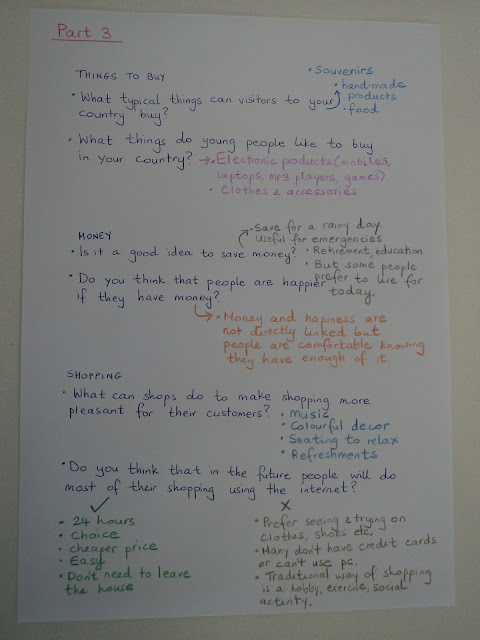Persuasive writing is a form of writing that is typically used in essays, advertising copywriting, sales letters, and newspaper editorials. A well-constructed persuasive essay hinges on the writer’s ability to think logically and construct a bullet-proof argument built on factual information.
Persuading readers to accept your argument is not an easy task, because you must provide enough proof to convince your fiercest opponents that your opinion is correct. While it is true that many arguments are won by appealing to a reader’s emotions, facts obtained from reputable sources are an essential element. Presenting incorrect, weak, or misleading information will sabotage your attempts to sway readers to your point of view.

Presenting relevant examples that support your opinion is a good way to argue your case. For example, if you are arguing that your school’s sports program needs to raise funds to purchase new equipment, you might want to compare and contrast examples of your school’s antiquated sports equipment with the newer sports equipment provided by similar high schools in your area. Because you are comparing schools that are serving the same student population, your argument makes sense. However, if you were to use the example of the equipment provided by a Beverly Hills private school, your argument for new sports equipment would appear frivolous and unrealistic, because the budget of a posh private school in Beverly Hills can not be realistically compared to the budget of an average public school.
Guidelines for Persuasive Writing
• Speak out! It’s almost impossible to sway readers if you are not firmly convinced about your own beliefs, so take a strong and definite position and then support your perspective to the fullest.
• Do your homework: Before you start writing, be certain that you are knowledgeable about your topic and that none of your research information is outdated or inaccurate.
• Three is the key: After you have researched your topic, select three key points to support your argument, and focus separate paragraphs on each of those ideas by providing examples, facts, statistics, anecdotes, and other relevant information to sway your reader.
• Make a prediction: When writing a persuasive essay, it helps to predict the counterargument that will occur when someone reads your essay. Always show respect for opposing arguments by crafting a graceful and professional counterargument.
• Keep it clean: Don’t use profanity or insults to make your point. A sharp wit and a good argument are your best defenses.
• Bring it on home: Before signing off, be sure to restate the most important points about your topic, and leave the reader with something to think about.















































